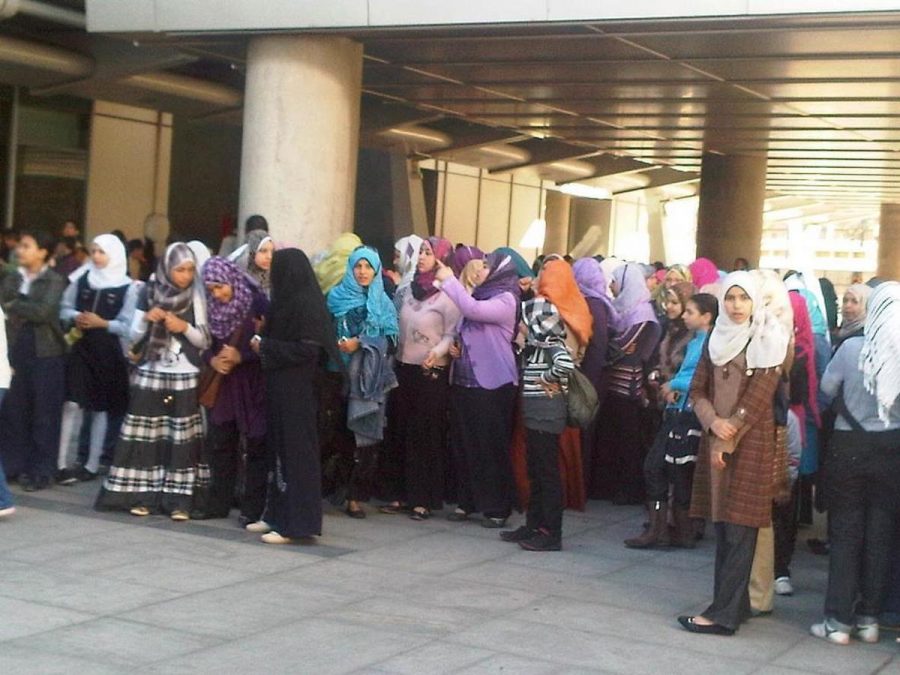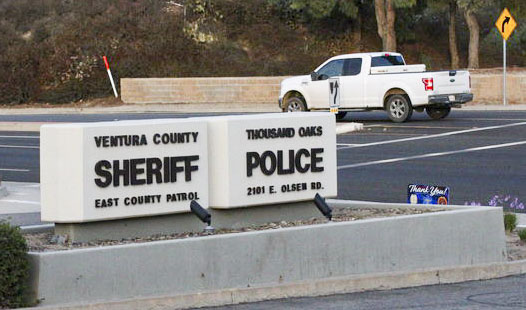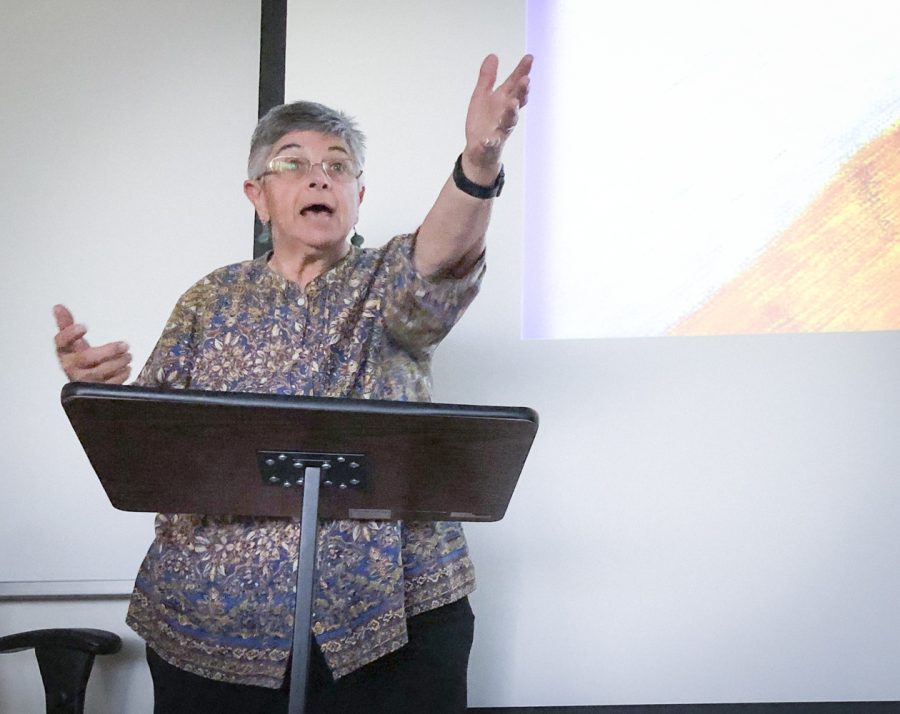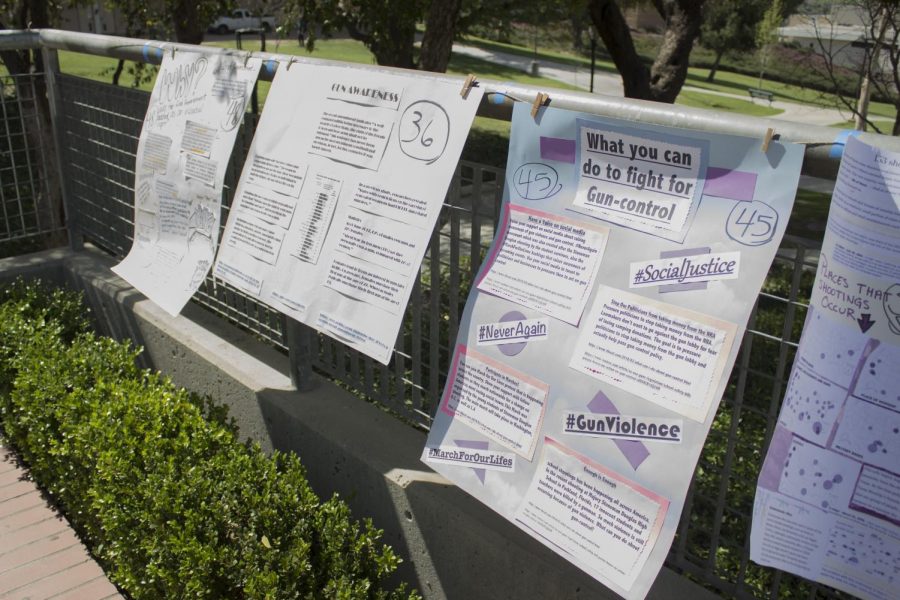Egyptians are facing a new political, social and economic phase in history since President Hosni Mubarak resigned after a 30-year-term, relinquishing control of the nation to its military.
In Mubarak’s last speech, delivered on Feb. 8, he emphasized his responsibility in ensuring peaceful power transference in that Middle-East country.
“My primary responsibility now is security and independence of the nation,” said the ex-Egyptian president on Aljazeera’s website. “To ensure a peaceful transfer of power and allow handing over responsibility to whomever the people choose in the coming presidential election.”
For almost 60 years, Egypt has been one the most powerful allies of the U.S. in the Middle East. This relationship improved with the deceased Egyptian president Anwar Al-Sadat, who played a crucial role by signing the Camp David Accords and the Peace Treaty in 1978 and 1979.
Egypt has also followed the American policy on regional issues and has benefited from American aid packages that involve military and economic cooperation.
Now that economic cooperation is at an annual foreign assistance deficit of $1.5 billion, Secretary of State Hillary Rodham Clinton could be cut off if any future Egyptian government did not respect human rights and committed to democracy.
“There has to be a commitment by whoever is in the government that they will engage in a national dialogue with people of Egypt,” said Clinton on “Meet the Press.” “With the aim at taking actions that will meet the legitimate grievances of the Egyptian people.”
Political analysts consider that some crucial elements made the army not backing Mubarak anymore. Some of those elements are that Mubarak remained in power for a long period of time, in addition to his age and illnesses. Those elements pressured the top of the military to consider placing a new general before Mubarak died to keep the transitional power stability of the nation after his death.
However, the Egyptian ex-president had other plans. Handing over the succession to his son Gamal started the anti-Mubarak sentiment.
Although some people compare this situation to Iran’s in 1979, Founder and CEO of Stratfor George Friedman does not think so. In accordance to Friedman, three elements make the difference as the Egyptian business class is not supporting the Muslim Brotherhood (this organization split after Sadat’s assassination in 1981) and Mubarak did not allow it to grow up during his regime.
“You cannot look at what’s going on in Egypt as an Islamist revolution,” said the CEO of Stratfor to Jonathan R. Laing in an interview for Barron’s Magazine. “Not with the military and the liberal democratic crowd also playing key roles.”
The Muslim Brotherhood is an Islamist transitional movement and the world’s oldest and largest Islamic political group. The Muslim Brotherhood’s website explains that it was founded in 1928 in Egypt by Hassan Al-Banna, with it’s slogan being “Islam is the solution.” Ironically, this organization is the weakest power group in Egypt.
Instead, the Egyptian army is the strongest and most respected institution in Egypt, so it has brought some concerns about what would happen if the extremists took over in Egypt and might remilitarize the Sinai Peninsula, even though its army is not yet a force able to take on the U.S. or Israel.
According to Steven Pfeffer, a political science professor at Moorpark College, the Egyptian military has to be careful about the transition to democracy.
“We are hoping they will arrange and guarantee free and fair elections,” said Pfeffer. “In my opinion, the choices made by the Egyptian military will be the most significant factor.”
According to Egyptian businessman Ahmed Agrama, the way the U.S. has been handling the situation with Arabs in the Middle East region is incorrect and has made some of its previous governments backed despotic regimes.
“The misinformed, wrong and widely accepted view that Arabs, if they are not controlled by force, would turn into Fundamentalist Islamic States, must be revised and corrected,” said Agrama. “This wrong concept caused America to support repressive dictators in the past.”
Omar Abosaleem, a Palestinian-born 20-year-old biology student at Moorpark College, thinks that Egyptian people are the ones that have been affected from power mishandling and Mubarak’s dictatorship.
“I was in Egypt in 2004 and we crossed the border,” said Abosaleem. “We were immediately rushed by a bunch of homeless kids who were begging for food and money and we were throwing things out of our taxi just to get help them out.”
Even though the Middle East region has been impacted by revolts in Tunisia, Algeria, Yemen and Jordan, Egypt still surprised its visitors with a calmed and relaxed atmosphere in 2010.
Lillia Sanchez Cancel a chef and restaurant owner was invited by the Dominican Republic Embassy as a guest for an event in Cairo last year.
“Although I visited the Egyptian downtown, its markets and poor neighborhoods before and after its election’s day,” said Cancel. “I can tell that neither I nor anybody in the embassy imagined what was coming. Everything was normal and calm.”
Ben Sparling, a 23-year-old English literature major, believes that Egyptians should stand by their rights.
“I think that fact people are fighting against this sort of tyranny and letting their voices be heard is important,” said Sparling. “Obviously, riots are horrible, but I think they are sometimes necessary when there’s been a regime in power for that long.”
When President Barack Obama visited Cairo on June 4, 2009, he addressed freedom and the American position about governments that do not respect people’s rights to the Egyptian people in the Cairo University.

Egyptian markets seem to still bring in the customers in Cairo. (Photo courtesy of Lilia Cancel)






